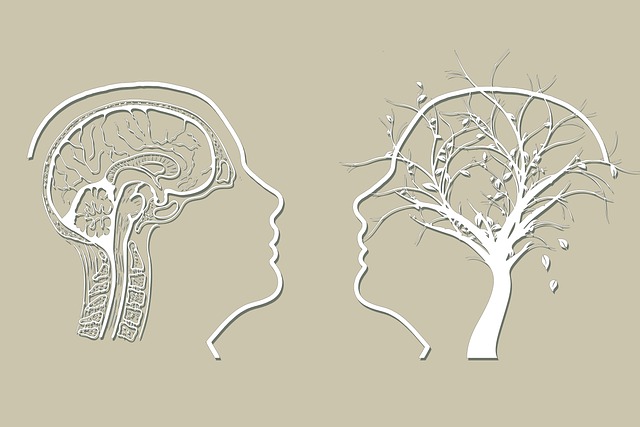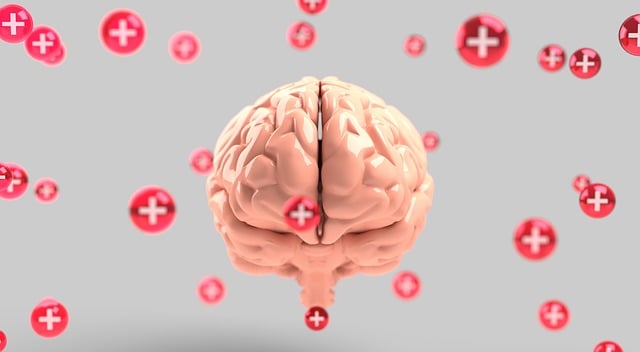International adoptees often face invisible trauma scars that hinder their emotional well-being. Specialized therapy, like Trauma-Focused Cognitive Behavioral Therapy (TF-CBT), plays a crucial role in helping them process memories, develop coping mechanisms, and regain safety. Key techniques include mood management, stress reduction, play therapy, art therapy, and social skills training. Community outreach programs and support groups further aid recovery by fostering connection, belonging, and safe spaces for healing. Strong family networks are vital for resilience-building and a brighter future.
Trauma support services are vital for international adoptees and their families, addressing the unique challenges they face. This article explores the profound impact of trauma on this vulnerable population and provides a comprehensive guide to identification, assessment, and effective therapy approaches tailored to international adoption situations. We delve into building robust support systems, leveraging community resources, and fostering family networks to enhance healing journeys. Discover practical strategies for providing compassionate care through evidence-based therapies specifically designed for international adoptees navigating trauma.
- Understanding Trauma and Its Impact on International Adoptees
- Identifying and Assessing Trauma in Adoptive Families
- Effective Therapy Approaches for International Adoption Trauma
- Building Support Systems: Community Resources and Family Networks
Understanding Trauma and Its Impact on International Adoptees

Trauma, a profound and lasting impact on an individual’s life, can significantly affect those who have experienced it, including international adoptees. This population faces unique challenges due to potential past experiences such as separation from biological families, exposure to difficult living conditions, or even ongoing adversity in their new countries of residence. Understanding trauma is crucial for providing appropriate support, especially within the context of therapy for international adoptions.
The impact of trauma can manifest in various ways, affecting both the mind and body. International adoptees may struggle with emotional regulation, which can lead to anxiety, depression, or even post-traumatic stress disorder (PTSD). Promoting their emotional well-being involves specialized techniques that foster inner strength development. Through therapy, these individuals can learn coping mechanisms to navigate their experiences, enhance their ability to manage intense emotions, and ultimately rebuild a sense of safety and security in their new lives.
Identifying and Assessing Trauma in Adoptive Families

Many adoptive families face unique challenges that can lead to trauma, particularly when dealing with international adoptions. Identifying and assessing this trauma is a crucial step in providing effective support. The process often begins with recognizing subtle signs of distress in both parents and children. This may include changes in behavior, emotional volatility, or difficulty regulating moods—common symptoms of adoption-related trauma.
Therapy for International Adoptions can play a vital role here by employing specialized assessment tools to gain insights into the family’s history and dynamics. By focusing on mood management and stress reduction methods, therapists help adoptive families develop emotional intelligence—a key factor in navigating the complex emotions that arise during the adoption process. This holistic approach ensures that each member of the family receives the necessary support to heal and thrive.
Effective Therapy Approaches for International Adoption Trauma

Many children who undergo international adoption have experienced trauma, often stemming from difficult circumstances in their home countries. Effective therapy approaches are essential to help these children process and overcome their past experiences. One such approach is Trauma-Focused Cognitive Behavioral Therapy (TF-CBT), which has proven successful in treating childhood trauma. TF-CBT aims to identify and change negative thought patterns and behaviors resulting from traumatic events, providing tools for coping with anxiety and distress.
Additionally, play therapy and art therapy can be powerful means of expression for young adoptees struggling with emotional issues. These therapeutic methods allow children to process their feelings through play or creative mediums, facilitating communication about their experiences. Social Skills Training is another component that complements these therapies, helping adopted children navigate social interactions and build relationships, addressing potential isolation or difficulties adapting to a new cultural environment. Community Outreach Program Implementation can also foster support networks, offering resources and understanding within the broader community for both adoptees and their families.
Building Support Systems: Community Resources and Family Networks

Building strong support systems is crucial for individuals who have experienced trauma, especially those involved in international adoptions. Community resources play a vital role in this process by providing access to specialized therapy for International Adoptions, addressing unique challenges faced by adoptive families. These resources often include local support groups, where parents can connect with others going through similar experiences, fostering a sense of belonging and shared understanding.
Family networks are also integral to trauma recovery. Close-knit family systems can offer a safe space for individuals to practice social skills training, cultivate compassion, and seek help when facing depression prevention triggers. By leveraging community resources and strengthening familial bonds, individuals can navigate the complexities of their pasts and build resilience for a brighter future.
Trauma support services play a pivotal role in fostering healing among international adoptees and their families. By understanding the unique challenges they face, identifying trauma early, and implementing effective therapy approaches like those tailored for international adoption situations, we can significantly enhance their adjustment and overall well-being. Furthermore, building robust support systems through community resources and family networks ensures a comprehensive safety net, enabling adoptees to thrive in their new environments. Effective provision of these services is crucial in navigating the complexities of international adoption and promoting positive outcomes for all involved. In terms of moving forward, recognizing and addressing trauma in these families should be a priority, as it can revolutionize the support landscape for international adoptees worldwide.














